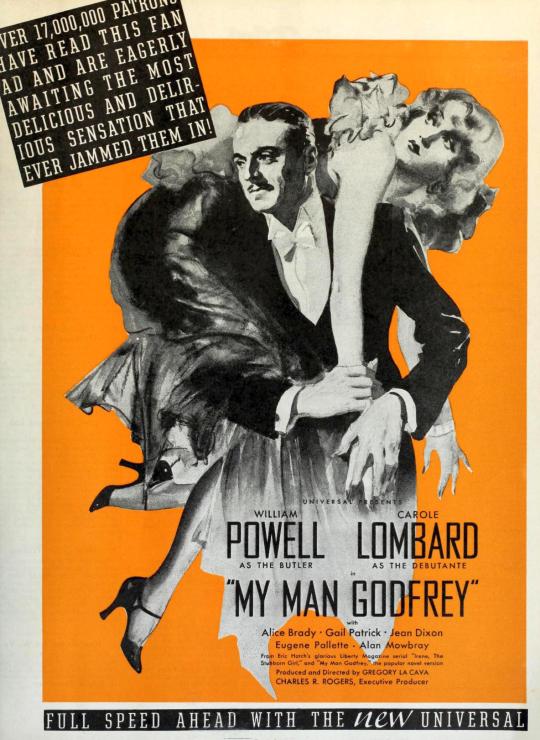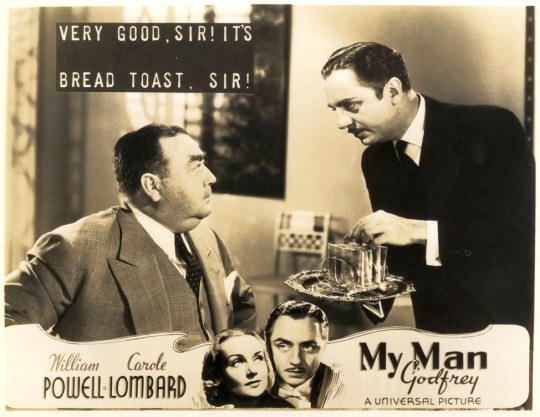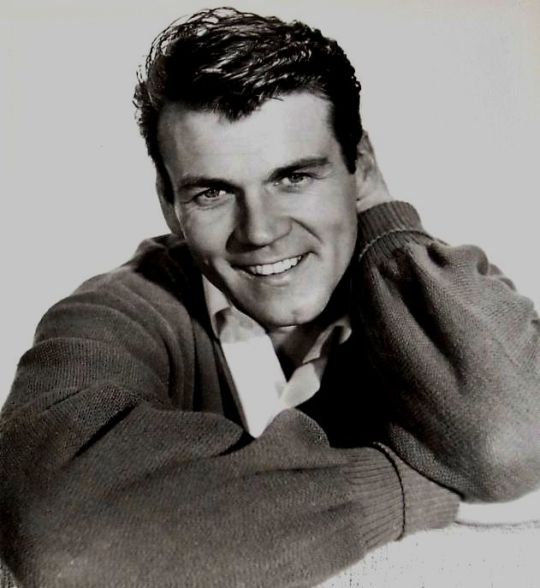#Patrick Wyman
Explore tagged Tumblr posts
Text
It would be comforting to think that those who murdered children, burned houses with the residents inside, committed acts of sexual violence, and enslaved the survivors were uniquely evil. It would be easier to believe that these participants had somehow forfeited their humanity somewhere along their path to organized violence. We would prefer to fool ourselves into thinking they formed a special class of malefactors separate from the farmers and shopkeepers and laborers who made up their societies as a whole. These ideas would be wrong. The agents of empire and conquest were not a marked group of sadists; they fit quite comfortably within the mainstream of the societies that produced them and benefited from their actions.
-Patrick Wyman, Ordinary People Do Terrible Things
123 notes
·
View notes
Text
Nanaya-ila’i and her daughter were just two of the thousands upon thousands of victims of the Assyrian Empire, most of whose names have been lost over the centuries. The Assyrian Empire was just one of the many aggressive polities that has produced victims by the thousands over the past several millennia: The Romans did no better in Gaul or Dacia. Alexander the Great razed Thebes on his way to far more expansive conquests. The crusaders who took Jerusalem in 1099 waded ankle-deep in blood, Timur Lenk left behind towers of skulls marking his conquests. Pizarro slaughtered the Inca by the score. The Nazis left behind millions of corpses. As long as grasping rulers and would-be warlords have sought to expand their power, common people have suffered the consequences, just like Nanaya-ila’i and her daughter.
But those ambitious politicians and conquerors didn’t do the dirty work themselves. They had underlings, generals and officers and common soldiers and bureaucrats, to enforce their will. Those underlings participated in acts that, by any reasonable standard of moral behavior, range from the merely distasteful to completely abhorrent. It would be comforting to think that those who murdered children, burned houses with the residents inside, committed acts of sexual violence, and enslaved the survivors were uniquely evil. It would be easier to believe that these participants had somehow forfeited their humanity somewhere along their path to organized violence. We would prefer to fool ourselves into thinking they formed a special class of malefactors separate from the farmers and shopkeepers and laborers who made up their societies as a whole. These ideas would be wrong. The agents of empire and conquest were not a marked group of sadists; they fit quite comfortably within the mainstream of the societies that produced them and benefited from their actions.
Patrick Wyman, Perspectives: Past, Present, and Future Substack, 2024
96 notes
·
View notes
Text



Historians love to talk about how move big rock but Patrick Wyman is the only historian who move big rock for real
8 notes
·
View notes
Text
Bookshot this month features #TheVerge, which is an excellent book written by Patrick Wyman who also has an excellent #podcast called #TidesOfHistory, which you should check out if you haven't.
It was also supposed to be homework for a fantasy serial I was attempting to write, but I'm not sure how well that worked out. Might have to revise that one of these days...
0 notes
Text
Hell on Earth - Appendix 3: MONEY (feat. Patrick Wyman)(03/30/23)
We’re joined by author and podcaster Patrick Wyman (Tides of History, The Verge) to discuss developments in money, finance and banking during the pre-modern period. As well as, of course, those dastardly Fuggers.
0 notes
Photo










My Man Godfrey (1936) Gregory La Cava
February 8th 2023
#my man godfrey#1936#gregory la cava#william powell#carole lombard#alice brady#eugene pallette#gail patrick#mischa auer#jean dixon#alan mowbray#franklin pangborn#jane wyman
65 notes
·
View notes
Text
Searching for recommendations for history podcasts by actual historians
I've been looking for more history podcasts by degreed historians, as i feel like they're a bit more trustworthy.
I'll start: Byzantium and Friends, by Anthony Kadellis: a interview podcast where he interviews other leading figures in the field
Tides of History, by Patrick Wyman: a variety show podcast; did seasons on the Fall of Rome and Early Modern Europe, then a season on prehistoric humanity and now a season on the iron age. (note: he was a Roman historian when he worked in academia)
46 notes
·
View notes
Text
Tagged by @substitutesoda
Last song: Hallelujah by Leonard Cohen. No special reason. It just came to mind while I was working on a crochet project earlier.
Last movie: The Engine Inside (documentary). Needed something relatively short to watch while on a plane and I love bicycling so picked this one. Honestly, it was pretty *standard* documentary affair but I enjoy learning about different people from different cultures and how cycling has shaped their lives.
Currently watching: Rise 184? I don’t really watch tv. I’ve been “rewatching” the Sopranos I guess? Because TikTok keeps feeding me clips from the show.
Currently reading: 1) SPQR by Mary Beard. I know the bare bones about Roman history and figured I’d hop into it with the standard entry book, as described by Patrick Wyman.
2) Dune - I watched the dune movies on a plane ride a few months ago and was like “fine, I’ll read this book.”
3) I plan of reading On a Sunbeam by Tillie Walden soon. Have had the book sitting on my nightstand for years.
I have like 200+ books I want to read and the list is only growing. :( Lots of history books.
Tagging @cerealsensei
10 notes
·
View notes
Text
Diamondback!
1st slide is by Rik Levins and Danny Bulanadi.
2nd slide is by Patrick Zircher and Scot Eaton.
3rd slide is by M C Wyman.
4th slide is by Dave Hoover.
5th slide is by Keith Pollard and Josef Rubinstein.





3 notes
·
View notes
Text

Donald Patrick Murray (July 31, 1929 – February 2, 2024) Film and television actor who starred in television series such as The Outcasts (1968–1969), Knots Landing (1979–1981), and Twin Peaks (2017).
His other television credits include Studio One, Kraft Television Theatre, Lux Video Theatre, Producers' Showcase, The Philco Television Playhouse, The Jane Wyman Show, The United States Steel Hour, Playhouse 90, The DuPont Show of the Month, Police Story, How the West Was Won, T.J. Hooker, Matlock, Hotel, Brand New Life, Sons and Daughters, Murder, She Wrote, Soldier of Fortune, Inc. and numerous made for TV movies from 1959 to 1998. (Wikipedia)
IMDb Listing
#Don Murray#TV#Obit#Obituary#O2024#The Outcasts#Knotts Landing#Twin Peaks#Brand New Life#Sons and Daughters
7 notes
·
View notes
Text
The destruction of Elam was not the Holocaust, just as the Rwandan Genocide wasn’t the Holocaust or the Cambodian Genocide. The destruction of Elam wasn’t the Rwandan Genocide. The destruction of Elam wasn’t even the Assyrian destruction of Israel a century or so beforehand. The St. Bartholomew’s Day Massacre, the anti-Huguenot pogrom that killed between 5,000 and 20,000 people in France in 1572, differed meaningfully from the many anti-Jewish pogroms in the later Russian Empire. The Holocaust wasn’t the same as the Herero and Namaqua Genocide, the mass murder of indigenous people in what is now Namibia by the German Empire between 1904 and 1907, despite the fact that both were carried out by German authorities just a generation apart. Each of those incidents and campaigns of mass violence stands on its own. Their logic was different. They proceeded in different ways, with death tolls ranging from the dozens to the millions. Some were straightforward land grabs in which killing was incidental. Others were ideologically motivated campaigns of murder for which the groundwork had been laid for decades or centuries. Still others were the result of sudden explosions of ethnic or religious hatred against a background of oppression or conflict. But what ties them together, aside from the mass violence, is the fact that utterly ordinary people participated in all of them. It doesn’t take all that much for a baker from Aššur or a truck-driver from Hamburg to turn into a willing enslaver and killer, even a mass murderer who pulled a lethal trigger hundreds of times, under the right circumstances. If those in positions of authority tell them that it’s acceptable or even admirable, if they’re given the tools and the opportunity to do so, then even the most average people can commit horrifying acts.
-Patrick Wyman, Ordinary People Do Terrible Things
69 notes
·
View notes
Text
The group of ten men who profited from the sale of Nanaya-ila’i and her daughter in the city of Aššur were entirely ordinary. That group included a baker, a weaver, a cook, a shepherd, an ironsmith, and a goldsmith, some of whom worked for a local temple. The most likely explanation for how they came into the possession of Nanaya-ila’i and her daughter is that these ten men formed a kisru, or “knot,” the standard unit in which Assyrians performed their required services to the king. These ten ordinary men were thus part-time soldiers, called up for the campaign to Elam, and Nanaya-ila’i and her daughter were their payment for their service on that campaign. When they got back to Aššur, the ten-man kisru couldn’t easily divide up two captives, so they sold her and split the profits: about 50 grams of silver per man, which they then took back to their homes, families, and occupations as iron- and goldsmiths, bakers, and cooks. The two Elamite women were enslaved, and the ten Assyrian men benefited directly from their participation in that campaign.
Did the weaver and cook talk about it, we might wonder? Did they tell their wives and children about what they had seen during the vicious sack of the Elamite capital of Susa, the fire and the ransacked royal tombs and desecrated temples that the Assyrian king Ashurbanipal bragged about in his account of these events, the wanton killing and sexual assault, the enslaved who died on the march back to Aššur? Were they proud of what they’d done, did they feel shame, or did they even think about those events? Did they seem like the actions of other people in other lives, unconnected to the workaday existence of an ironmonger and a baker going about their lives in the spiritual home of the Assyrian Empire?
We simply don’t know the answers to those questions, and we never will. The source material that would allow us to formulate an answer doesn’t exist.
Patrick Wyman, Perspectives: Past, Present, and Future Substack, 2024
#the podcast ep talking about these two people was a particularly memorable one#tides of history#patrick wyman#history
2 notes
·
View notes
Text
There seems to be a really clear pattern emerging here: we see a group living in a specific part of Taiwan, people who were developing increasingly sophisticated maritime technologies and traditions, who were used to sea voyages of increasing length and duration. They knew about rice and millet farming and did a bit of it but didn’t depend on it. Instead, they were willing to subsist on a wide variety of food sources, especially what they could find along and beyond the coast … The same maritime way of life, the same preferred coastal and wetland sites for habitation, the same kinds of tools that we see in southern and eastern Taiwan are what show up first in the Philippines and then later elsewhere. It’s not a bunch of rice and millet cultivators. Instead of finding an expansion of Neolithic farmers driven by increasing population pressure to move out of their homeland, we find seafarers. They were acquainted with crop cultivation but they weren’t dependent on it and we can be certain that they spoke an Austronesian language. Excerpt by Patrick Wyman, PhD on “The Austronesian Expansion, Part 1” (2022) from the Tides of History Podcast
3 notes
·
View notes
Text

Mick Jagger
© Terry O´Neill
one day: And Mick Jagger has always been the center of attention?
Terry O'Neill: Not at all. Mick had nothing to report back then. Brian Jones, the mastermind behind the formation of the band, was the undisputed boss. He was manic-depressive, ranging from totally overwrought to desperately sad. Brian could be very sweet and charming, but also harsh and abrasive. Everything obeyed his command. That changed in 1969, after Brian's separation from the band and his tragic death. It was only then that Mick dared to take the reins.
One Day: Are you still in touch with the Rolling Stones today?
Terry O'Neill: I see Bill Wyman regularly. He's just put together a London exhibition called "Exhibitionism" about the history of the band. Unfortunately he's not doing so well, he has prostate cancer. I still see Charlie and Keith, but less often.
one day: And Mick Jagger?
Terry O'Neill: Hardly. Mick has changed extremely over time. He's only interested in money, his stocks and investments. He's overly ambitious, he wants to be the best in every field - but he always fails miserably, whether as a solo singer or as an actor. Without the Stones, Mick is nothing! - Excerpt of an interview with photographer Terry O'Neill -
source: spiegl.de
P.S. Terence Patrick O'Neill (30 July 1938 – 16 November 2019) was a British photographer, known for documenting the fashions, styles, and celebrities of the 1960s.
2 notes
·
View notes


